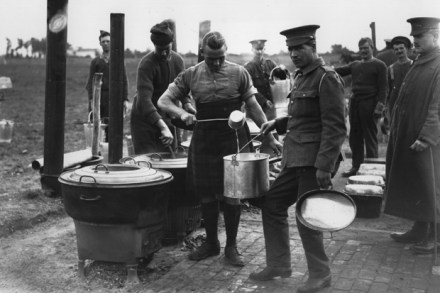Day of infamy
On 7 December 1941, without declaration of war, 350 Japanese carrier-borne aircraft struck at the US Pacific Fleet at anchor in Pearl Harbor, Hawaii — in President Franklin D. Roosevelt’s ringing words, ‘a date that will live in infamy’. For the 75th anniversary, Craig Nelson, a New York Times journalist, has, says his publisher, produced ‘a definitive account’. I disagree. Indeed, if this book were a motor car (or ‘automobile’, for it is a re-print of the US edition, with American usage and spelling), it would have to be recalled for extensive safety modifications and replacement parts. The errors, mis-understandings and omissions are markedly misleading, sowing doubt about the accuracy


















